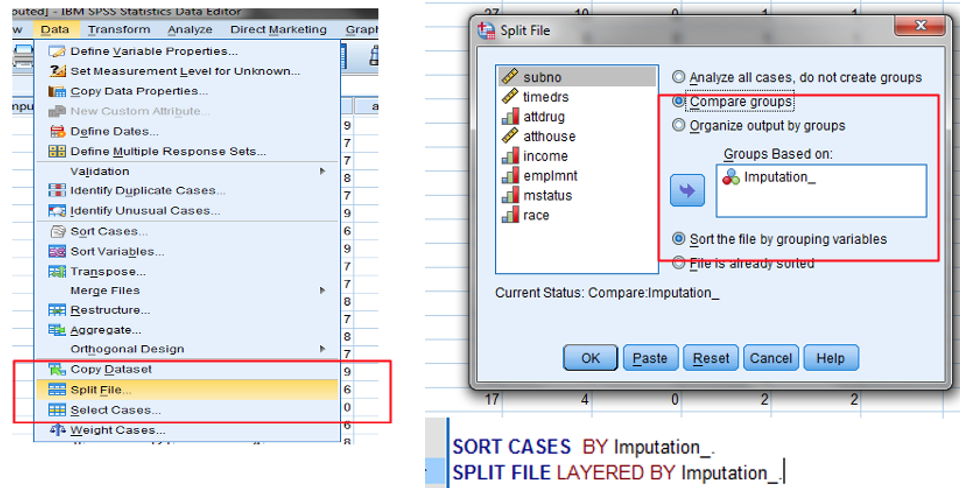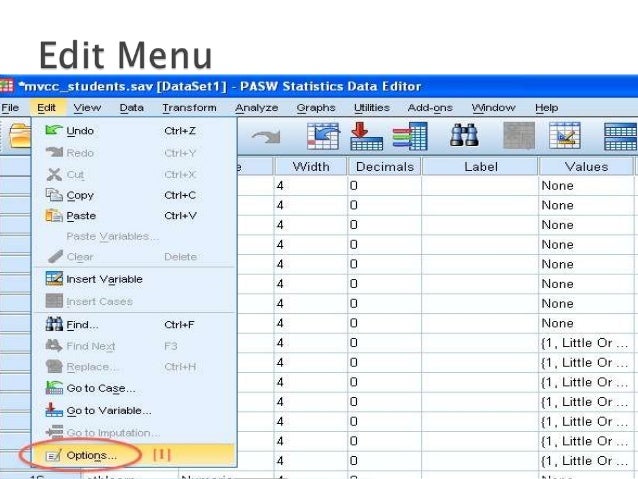

23 days ahead: Forecast date equal to or before 21 days before the Monday preceeding the target date. 16 days ahead: Forecast date is equal to or before 14 days before the Monday preceeding the target date. 9 days ahead: Forecast date equal to or before 7 days before the Monday preceeding the target date. 2 days ahead: Forecast date is on or before the Monday preceeding the target date (Wednesday). Hospitalization horizons are calculated in the following manner: We only look at forecasts for one target day a week (currently Wednesdays), and calculate the weekly horizons accordingly. Though hospitalizations are forecasted on a daily basis, in keeping with the cases and death scoring and plotting, we show the hospitalization scores on a weekly basis in the dashboard. How Hospitalization Forecasts are Processed If multiple versions of a forecast are submitted then only the last forecast that meets the date restriction is included. The forecast was made on or before the Monday of the relevant week. If a date is not in yyyy/mm/dd format, the forecast may be dropped. state, territory, or the nation as a whole The horizon is no more than 4 weeks ahead. The target variable is the weekly incidence of either cases or deaths, or the daily incidence of hospitalizations. Thus, forecasts made 5-11 days before the end of the corresponding epidemiological week have a horizon of 1 week, 12-18 days before have a horizon of 2 weeks, etc.Ī forecast is only included if all the following criteria are met: Following the Reich Lab definition, a forecast has a horizon of 1 week if it was produced no later than the Monday of the epidemiological week it forecasts. Horizon: The duration of time between when a prediction was made and the end of the corresponding epidemiological week. See the CDC definition for additional details. Target Variable: What the forecast is predicting, e.g., “weekly incident cases”Įpidemiological week (MMWR week): A standardized week that starts on a Sunday. Termsįorecaster: A named model that produces forecasts, e.g., “COVIDhub-ensemble”įorecast: A set of quantile predictions for a specific target variable, epidemiological week, and location Department of Health & Human Services and is the sum of all adult and pediatric COVID-19 hospital admissions.įorecaster predictions are drawn from the COVID-19 Forecast Hub GitHub repositoryĭata for the dashboard is pulled from these sources on Mondays and Tuesdays. Observed hospitalizations are from the U.S. Observed cases and deaths are from the COVID-19 Data Repository by the Center for Systems Science and Engineering (CSSE) at Johns Hopkins University. is committed to the recovery of lives and communities that have been impacted by COVID-19 and investing in developing the science to mitigate the damage of future pandemics. #Target variable combine pasw statistics 18 pro#
The Forecaster Evaluation Dashboard is a collaborative project, which has been made possible by the 13 pro bono Fellows who have spent 6 months working full-time with the Delphi Group. COVID-19 Trends and Impact Survey in partnership with Facebook. The Delphi Group created and maintains COVIDcast, a platform for epidemiological surveillance data, and runs the U.S. The Reich Lab created and maintains the COVID-19 Forecast Hub, a collaborative effort with over 80 groups submitting forecasts to be part of the official CDC COVID-19 ensemble forecast. The collaborative’s mission is to help epidemiological researchers gain insights into the performance of their forecasts and lead to more accurate forecasting of epidemics.īoth groups lead initiatives related to COVID-19 data and forecast curation. We have partnered together on this project to focus on providing a robust set of tools and methods for evaluating the performance of epidemic forecasts.
Carnegie Mellon University Delphi Groupīoth groups are funded by the CDC as Centers of Excellence for Influenza and COVID-19 Forecasting. The Forecast Evaluation Research Collaborative was founded by: territories are supplied by:įorecast Evaluation Research Collaborative With the Forecast Evaluation Research Collaborative:įorecast data in all states and U.S.  Jed Grabman (Delphi Group, Google Fellow). Kate Harwood (Delphi Group, Google Fellow).
Jed Grabman (Delphi Group, Google Fellow). Kate Harwood (Delphi Group, Google Fellow). 
Chris Scott (Delphi Group, Google Fellow).







 0 kommentar(er)
0 kommentar(er)
